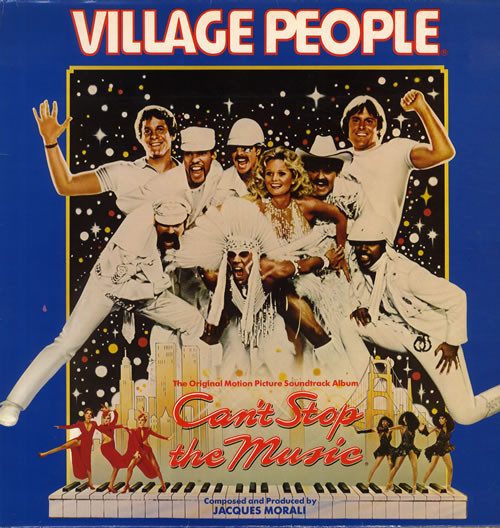 Have you noticed with some films, no matter how uninterested you are in the story or the characters, if it has the right music, and a good soundtrack, you will be humming the tune in the shower, pub, or, God forbid, at the local Karaoke pit-stop? Take for instance, The Wizard of Oz and The Rocky Horror Picture Show. Officially, these two films were box office bombs and didn’t make money until well after they left the theatres. Yet ‘Over the Rainbow’ and the ‘Time-Warp’ have etched their way into the history of ‘classic’ songs.
Have you noticed with some films, no matter how uninterested you are in the story or the characters, if it has the right music, and a good soundtrack, you will be humming the tune in the shower, pub, or, God forbid, at the local Karaoke pit-stop? Take for instance, The Wizard of Oz and The Rocky Horror Picture Show. Officially, these two films were box office bombs and didn’t make money until well after they left the theatres. Yet ‘Over the Rainbow’ and the ‘Time-Warp’ have etched their way into the history of ‘classic’ songs.
Realising that I had to write something remotely interesting in this week’s blog, I thought the blending of the visual with the audio might do the trick.
‘A PAINTER PAINTS HIS PICTURES ON CANVAS, BUT MUSICIANS PAINT THEIR PICTURES ON SILENCE’ – Leopold Stokowski
It all started with the era of silent film.
While it would be a nice to think that in combining music with film, the early directors and producers in Tinsel Town were forward thinking with artistic endeavours, in fact music was used to drown-out the noise of the very loud projector and a talkative audience. However, the accompaniment of music began to play a larger role in the presentation and entertainment value of the film. Unlike today, there were no sounds affects, meaning the music had to be used to further a story’s plot, pace and energy (which is the function music continues to play in films). As a result, the music that accompanied a film could either make or break it, insomuch that it could either vastly improve the quality and enjoyability, or completely shipwreck it.
As the industry moved from the usage of a solitarily pianist pounding away on the black and white keys, to a full blown orchestra, and eventually, to recorded sound affects and music, the relationship between film and music was guaranteed, and moving images cemented its status as the most important audio-visual medium of our time.
YOU CAN CALL ME AL
The Jazz Singer, which marked the first time dialogue and music were synchronised, began the very quick decline of the silent film era.
What’s interesting, is the film was based on the play; the play was based on the legendary Al Jolson’s life; and the star of the movie was – wait for it – Al Jolson. Even more interesting was that the early Hollywood moguls at Warner Brothers chose a pseudo-musical as the first film to introduce synchronised sound to film. In doing so, they created a new need for music – sheet music. This new need led to movie studios buying music publishing companies, gaining both catalogues of music and experienced composers.
Not only did the music in films lead to an increase in the sales of sheet music, but with the introduction of the gramophone, songs used in films could also see a dramatic increase in sales. For example, “Sonny Boy” a song featured in the second Al Jolson movie, The Singing Fool, led to 2 million records being sold and 1.25 million sales of the sheet music for the song.
DO I MAKE YOU HORNY BABY?
Even poorly constructed films, with bad acting and unbelievable story lines can use music to have the same affect.
Take the porn industry for instance –
I know you’re thinking, “how very dare you! I have not, nor will I ever watch anything so disgusting.” I beseech thee, do give me a couple minutes to make my point.
While I would never dream of insinuating that any of you fine, upstanding, worldly citizens would watch anything so unnatural, the porn industry does generate around $13+ billion in the USA alone; Hollywood generates $20+ billion. If we do the maths that means, while none of you are watching something so nasty and immoral, at least half the American population are. And those nasty, immoral degenerates are reaching deep in their wallets to get their … ummm… juices … flowing.
Have you ever tried getting ‘busy’ with your better half without making a sound? I mean NO sound. No sighs, no grunting, no shouting ‘you’re the daddy’ while daintingly swinging from the chandelier? It would be pretty boring. From what I have been told, the same is true for pornographic films. I wouldn’t know, but from what I have been told, sound and music play a major role in the cinematic enjoyment of pornographic films. While porn groove (term used to describe the music in porn), won’t make or break the film, it could change the aesthetics of the film (so I have been told).
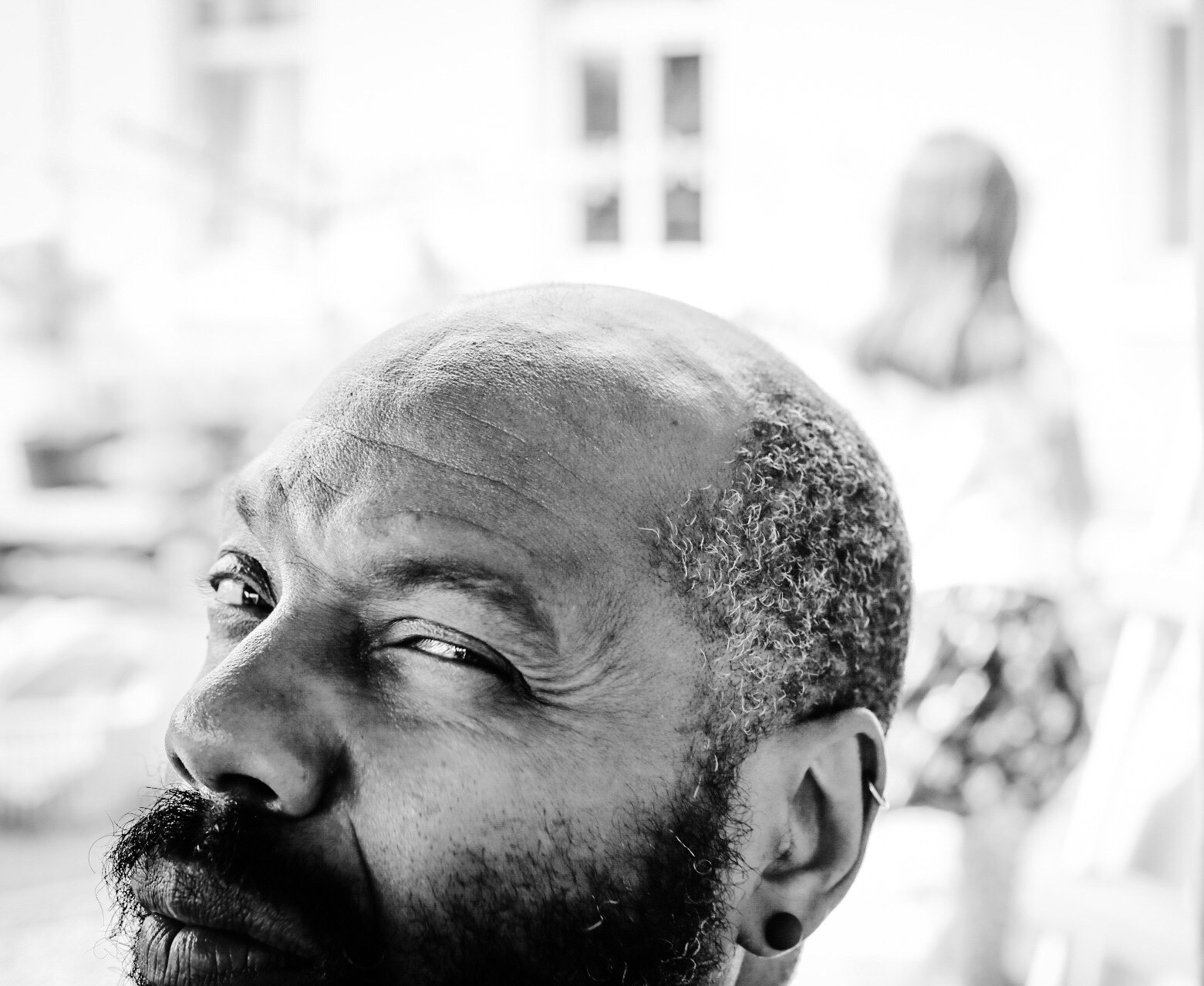
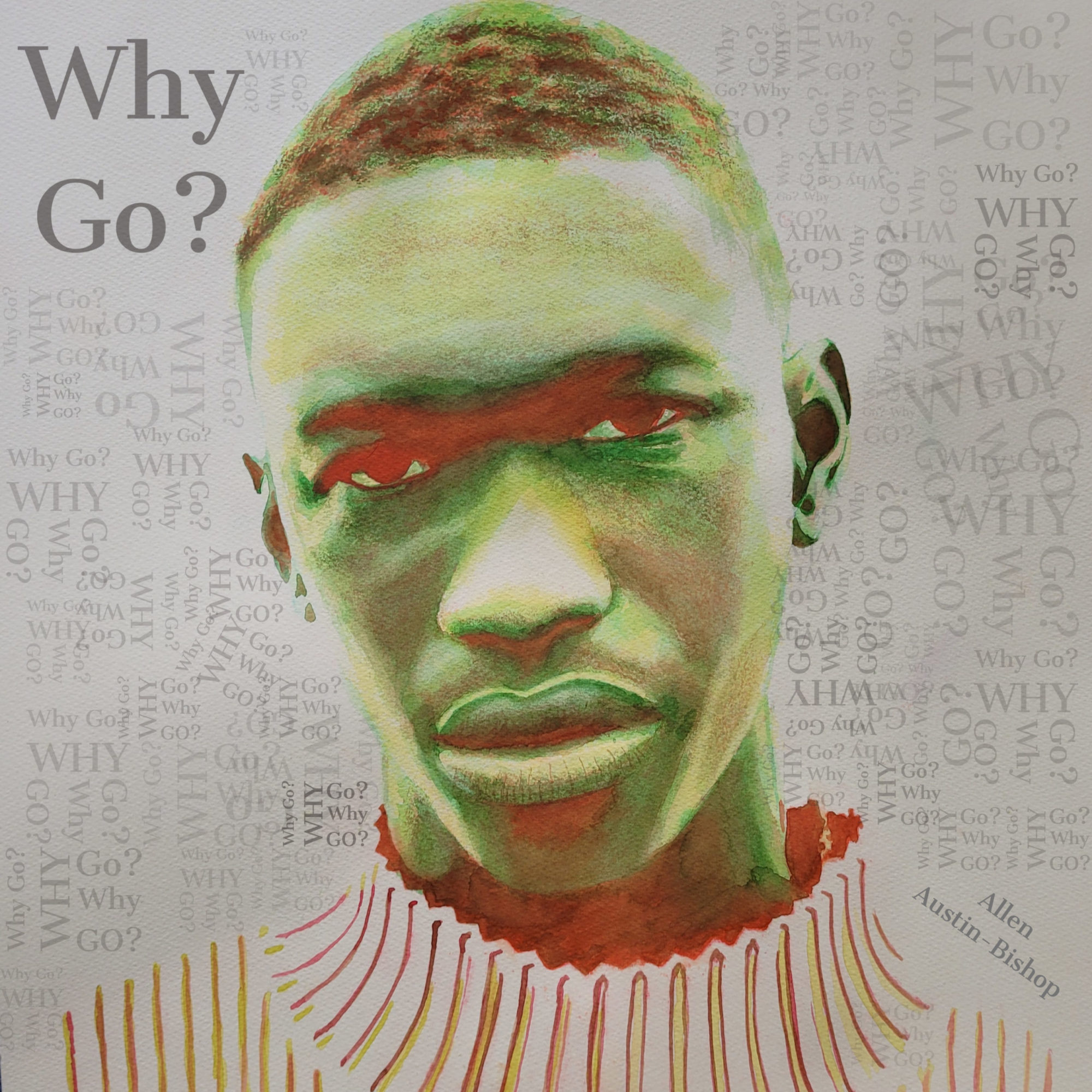
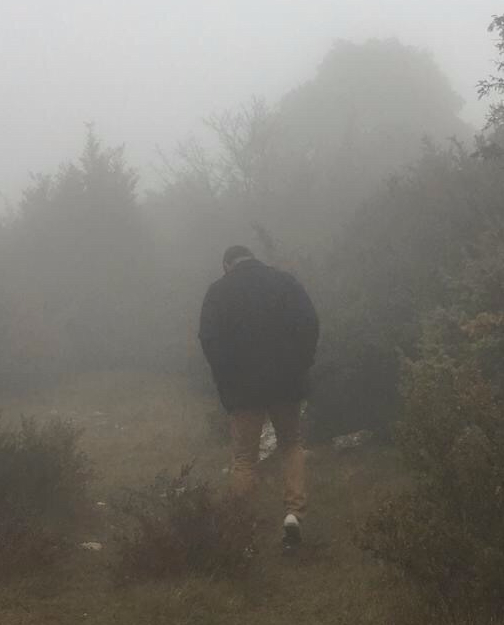 Standing on the edge of the dark and cold abyss, I heard you yell….
Standing on the edge of the dark and cold abyss, I heard you yell….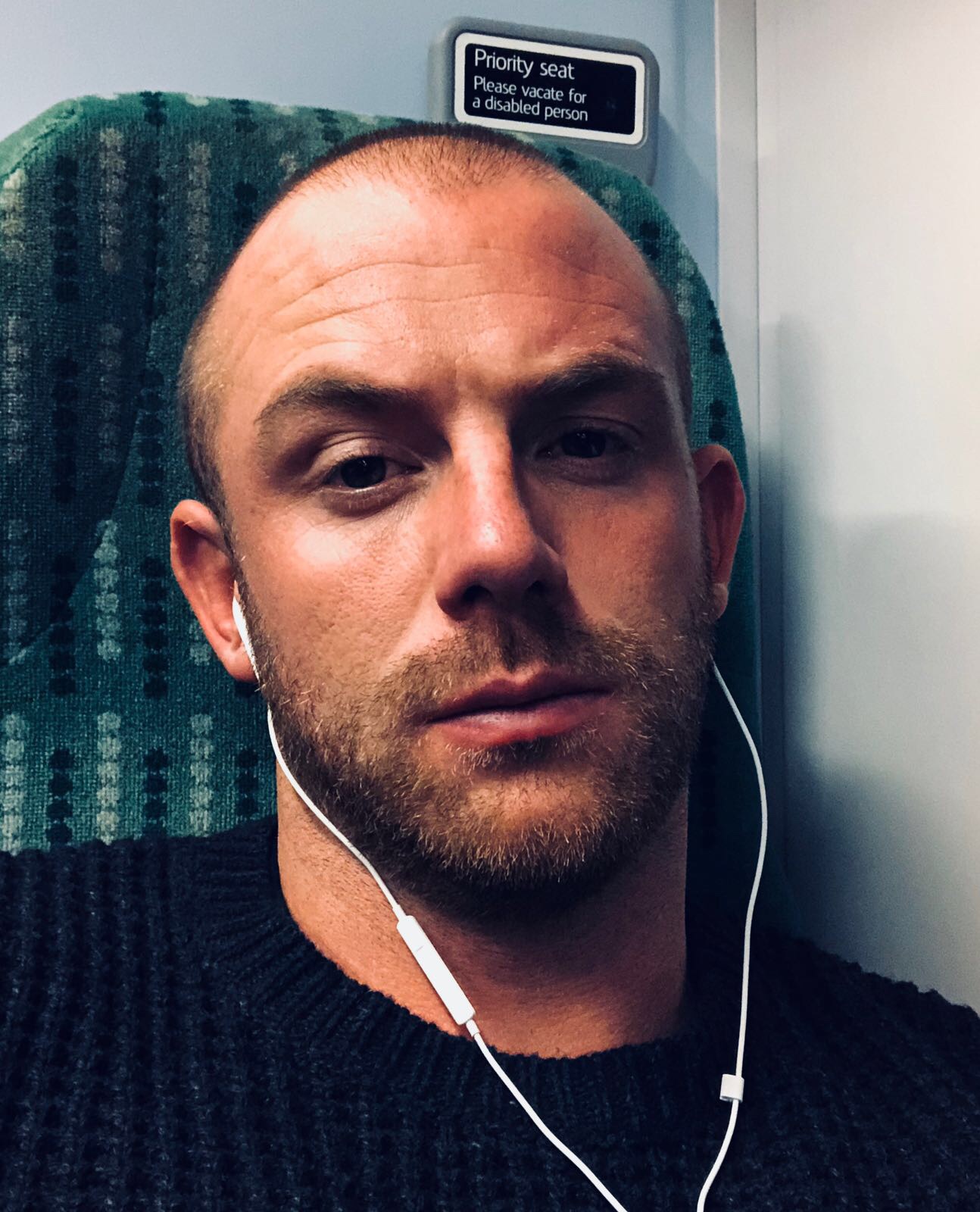 The other day I wondered, who you spent Valentine’s Day with?
The other day I wondered, who you spent Valentine’s Day with?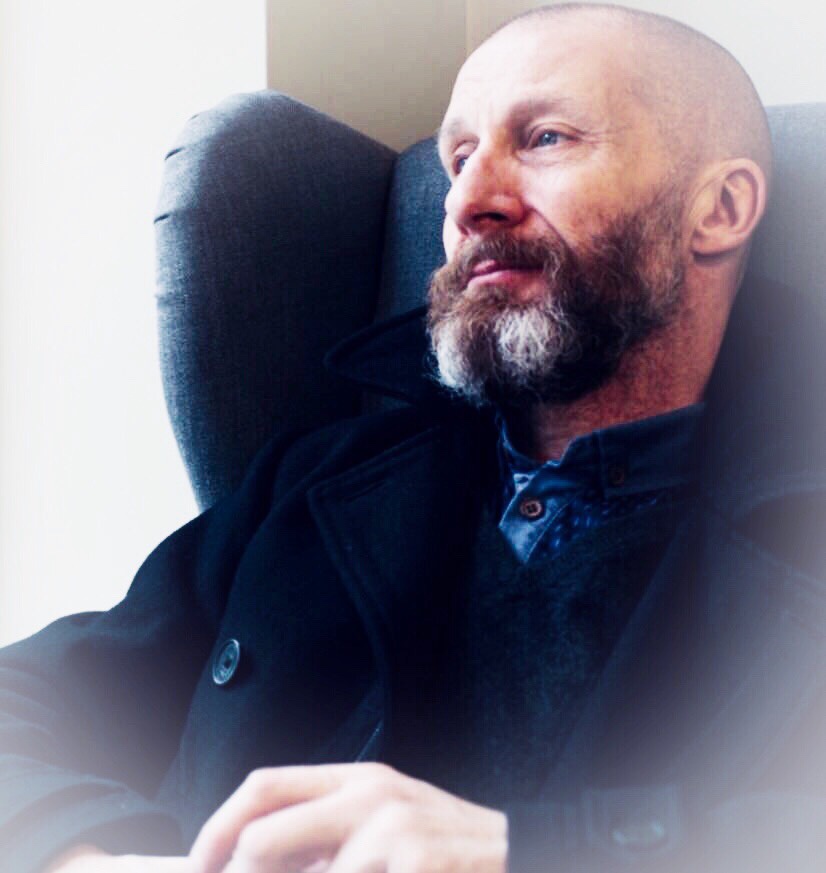 My ears may never fall upon you again.
My ears may never fall upon you again.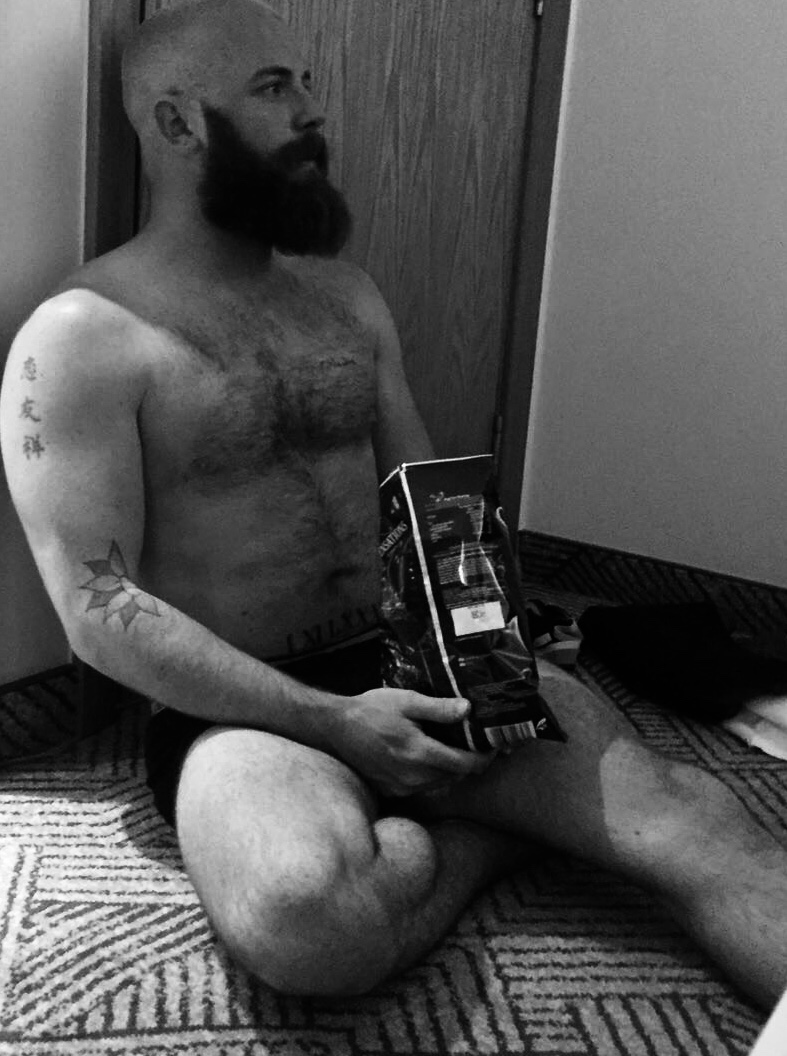 That’s how she started each day, and ended each evening. An empty spot at the dinner table, the empty space in bed, those were her stark reminders. Mother, as she called her, had died some time ago. And, while she desperately tried to hold onto the memories – her childhood, her adulthood – they soon faded. The fading memories making her loneliness even greater. Nothing to cling to, but the present.
That’s how she started each day, and ended each evening. An empty spot at the dinner table, the empty space in bed, those were her stark reminders. Mother, as she called her, had died some time ago. And, while she desperately tried to hold onto the memories – her childhood, her adulthood – they soon faded. The fading memories making her loneliness even greater. Nothing to cling to, but the present. My last breath will be poetic justice,
My last breath will be poetic justice, Have you noticed with some films, no matter how uninterested you are in the story or the characters, if it has the right music, and a good soundtrack, you will be humming the tune in the shower, pub, or, God forbid, at the local Karaoke pit-stop? Take for instance, The Wizard of Oz and The Rocky Horror Picture Show. Officially, these two films were box office bombs and didn’t make money until well after they left the theatres. Yet ‘Over the Rainbow’ and the ‘Time-Warp’ have etched their way into the history of ‘classic’ songs.
Have you noticed with some films, no matter how uninterested you are in the story or the characters, if it has the right music, and a good soundtrack, you will be humming the tune in the shower, pub, or, God forbid, at the local Karaoke pit-stop? Take for instance, The Wizard of Oz and The Rocky Horror Picture Show. Officially, these two films were box office bombs and didn’t make money until well after they left the theatres. Yet ‘Over the Rainbow’ and the ‘Time-Warp’ have etched their way into the history of ‘classic’ songs. TO TRAIN OR NOT TO TRAIN? THAT IS THE QUESTION
TO TRAIN OR NOT TO TRAIN? THAT IS THE QUESTION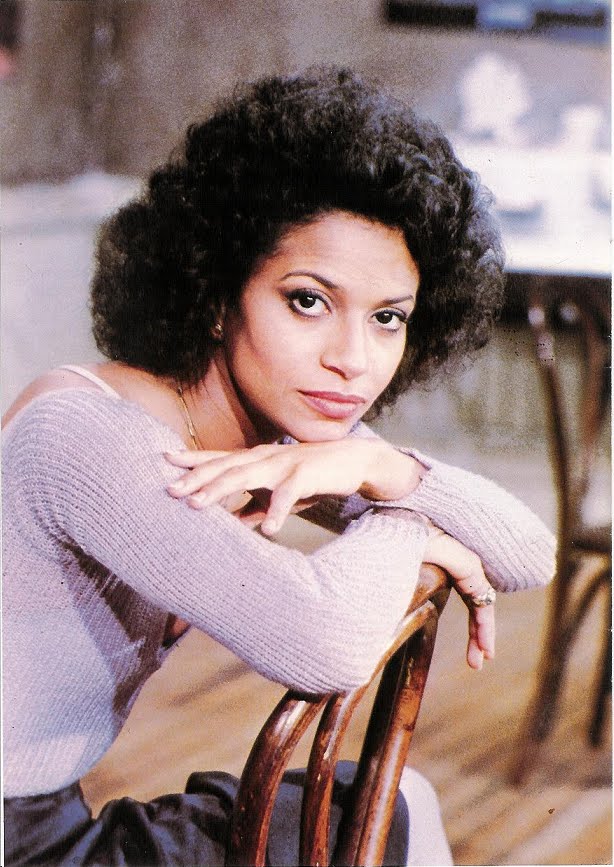 Every time I watched Fame and heard Debbie Allen encouragingly tell her pupils, week after week, “You want fame? Well, fame costs. And right here is where you start paying … in sweat.” My first thought was – mind your friggin’ business! a) I don’t want fame, and b) only the morbidly obese sweat.’
Every time I watched Fame and heard Debbie Allen encouragingly tell her pupils, week after week, “You want fame? Well, fame costs. And right here is where you start paying … in sweat.” My first thought was – mind your friggin’ business! a) I don’t want fame, and b) only the morbidly obese sweat.’